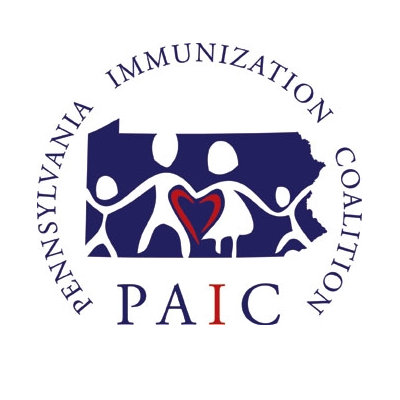Religious exemption for vaccines would be dropped for kids in Illinois schools under proposed law. 2nd bill would require HPV shots.
Under newly introduced state legislation, parents in Illinois would no longer be able to claim religion as a reason to refuse vaccinations for their children — a move backed by public health officials as a way to stave off outbreaks of diseases once thought to be eradicated, and shunned by groups vocal about their objections to vaccines.
The bill introduced last week would also limit the reasons allowed for a medical exemption for the immunizations required to enter all Illinois schools, and would allow students as young as 14 to obtain a vaccine without the consent of their parents. If passed, Illinois would become the sixth state to remove religious exemptions, effectively making only certain medical conditions or reactions a way for students in Illinois schools to avoid vaccination.
“People don’t recall the dangers of these (diseases) and what can happen,” said state Sen. Heather Steans, D-Chicago, the main sponsor of the legislation. “We’ve been going in the wrong direction. Our population is going down, and the number of kids who are not vaccinated is going up.”
In 2016, the state tightened the rules surrounding religious exemptions, requiring that health care providers sign off and verify that they had provided vaccine education. Despite that, religious exemptions have increased for several vaccines, according to state records. Exemptions based solely on personal or philosophical beliefs are not allowed in Illinois.
Medical experts say high vaccination rates — usually 95% or more, depending on the disease — are necessary to protect those who cannot be vaccinated due to autoimmune disorders or other medical reasons. But distrust in vaccines has caused some Americans to refuse vaccines for their children despite wide availability. This, in part, is blamed for the reemergence of some diseases like measles, according to the World Health Organization, which considers vaccine hesitancy a global health threat.
This has sparked policies like the Illinois bill across the country, aimed at increasing vaccination rates by limiting the reasons students can be exempt and still enroll in school.
“Vaccination is the best way to protect children from numerous diseases that can cause severe illness and death. Last year, the U.S. responded to the worst outbreak of measles in 25 years, largely due to pockets of unvaccinated people,” Melaney Arnold, spokeswoman for the Illinois Department of Public Health, said in a statement. The department is backing the legislation as a way to increase vaccination rates across the state “and reduce the risk of severe illness among our most vulnerable populations.”
And in another bill introduced last week, the HPV vaccine would be added to the schedule of immunizations required by all Illinois schools. The vaccine — a series of two or three shots, depending on the age of the child — was introduced in 2006 and, according to the Centers for Disease Control and Prevention, can prevent about 90% of cancers caused by the human papillomavirus, a sexually transmitted disease experts say nearly every sexually active adult has been exposed to. The virus lies dormant in some, but in others can cause genital warts or six types of cancer: cervical, throat, penal, anal, vaginal and vulva, according to the CDC.
Despite public education campaigns touting its cancer-preventing ability, the HPV series, which usually begins at age 11, has lower compliance rates compared with other vaccines, though the number is on the rise, according to the CDC. In Illinois, about 66% of students ages 13 to 17 in 2017 had received at least the first shot in the HPV series, according to the most recent CDC data.
Requiring the first HPV shot to enter sixth grade, and completion of the series by high school, would improve rates throughout the state, said state Rep. Robyn Gabel, D-Evanston, sponsor of the bill.
“This is the only vaccine that prevents cancer,” she said. “If this is part of the school requirement, we expect rates to go up to 80 or 90%, which is where they need to be.”
Read the full article here.
